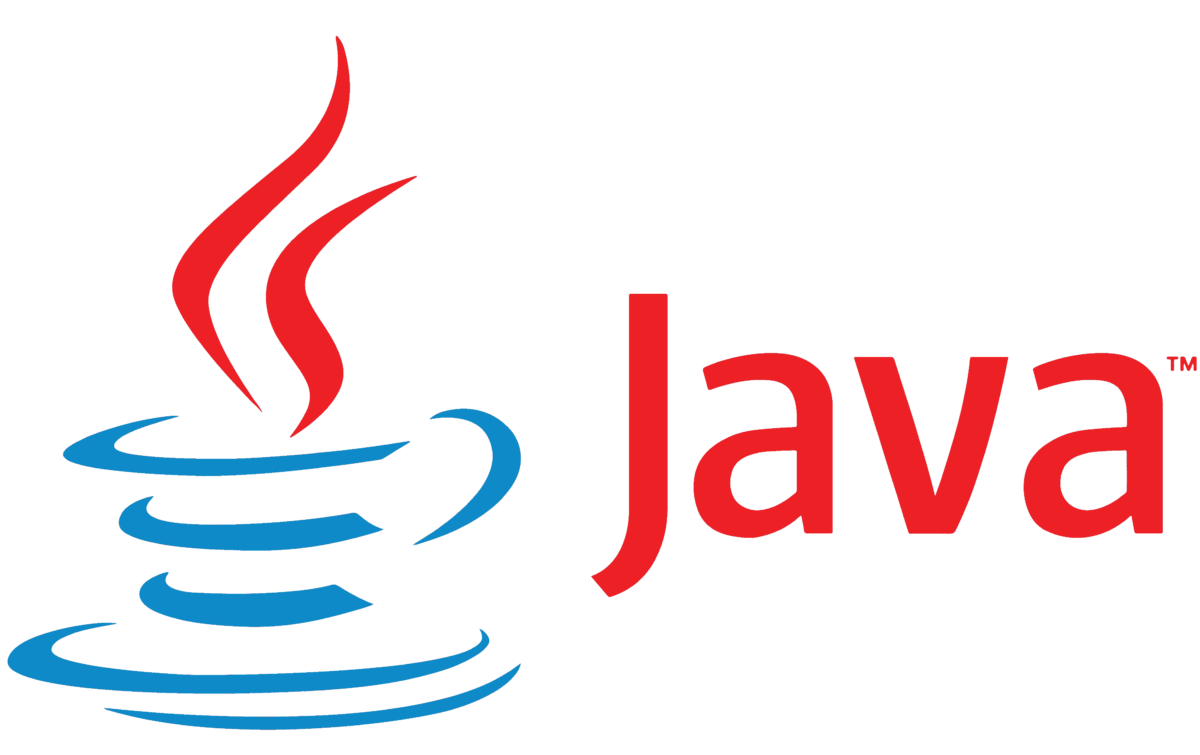
How do functional interfaces work in Java?
 Natan Ferreira
Natan Ferreira- 0
- 616
Functional Interfaces are a fundamental concept in functional programming introduced in Java 8. They are interfaces that have exactly one abstract method, allowing the use of lambda expressions and method references to make the code more concise and readable.
They can be used in Streams, for example, and promote code reuse.
We can find several Java Functional Interfaces at this link: https://docs.oracle.com/javase/8/docs/api/java/util/function/package-summary.html
Hands on
To create a Functional Interface, we need to use the @FunctionalInterface annotation, which only allows one abstract method.
@FunctionalInterface
public interface StringTransformer {
String transform(String input);
}
However, it is possible to have other types of methods that are not abstract.
@FunctionalInterface
public interface StringTransformer {
String transform(String input);
default void print() {
System.out.println("Hello");
}
}
Main Functional Interfaces
Function<T, R> → Takes an argument of type T and returns a value of type R.
Function<Integer, String> function = value -> "Your age: " + value;
String yourAge = function.apply(22);
System.out.println(yourAge);Consumer<T> → Consumes an argument of type T without returning anything.
Consumer<String> consumer = value -> System.out.println(value);
consumer.accept("Hello World!");Supplier<T> → Takes no arguments but returns a value of type T.
Supplier<String> supplier = () -> "Hello";
String message = supplier.get();
System.out.println(message);Predicate<T> → Evaluates a condition and returns a boolean.
Predicate<Integer> predicate = n -> n % 2 == 0;
boolean isEven = predicate.test(10);
System.out.println("Is even? " + isEven);Primitive Types
To avoid boxing in primitive types, there are specific options for this. Let’s look at an example of Predicate.
IntPredicate isEvenPredicate = n -> n % 2 == 0;
boolean isEven = isEvenPredicate.test(10);
System.out.println("Is even? " + isEven);There are several options for using primitive types, and this is not exclusive to Predicate—many interface types support primitive types.
Other Functional Interfaces
BiConsumer<T,U> → Receive two input arguments and returns no result.
BiConsumer<String, Integer> sum = (a, b) -> System.out.println(a + b);
sum.accept("$", 10);BiFunction<T,U,R> → Accepts two arguments and produces a result.
BiFunction<Integer, Double, BigDecimal> sumInteger = (a, b) -> {
int s = a + b.intValue();
return new BigDecimal(s);
};
BigDecimal sumMessage = sumInteger.apply(2, 2.5);
System.out.println(sumMessage);UnaryOperator<T> → Represents an operation on a single operand that produces a result of the same type as its operand.
UnaryOperator<String> welcome = name -> "Welcome " + name;
System.out.println(welcome.apply("Mary"));More about Predicates
We can create a Predicate and negate it.
IntPredicate isEvenPredicate = n -> n % 2 == 0;
boolean isEven = isEvenPredicate.test(10);
System.out.println("Is even? " + isEven);
IntPredicate isOddPredicate = isEvenPredicate.negate();
boolean isOdd = isOddPredicate.test(9);
System.out.println("Is odd? " + isOdd);We can also combine Predicates.
IntPredicate isLegalAgePredicate = n -> n >= 18;
boolean isLegalAge = isLegalAgePredicate.test(17);
System.out.println("Is legal age? " + isLegalAge);
boolean isEvenAndIsLegalAge = isEvenPredicate.and(isLegalAgePredicate).test(20);
System.out.println("Is Even and is Legal age? " + isEvenAndIsLegalAge);
boolean isEvenOrIsLegalAge = isEvenPredicate.or(isLegalAgePredicate).test(9);
System.out.println("Is Even or is Legal age? " + isEvenOrIsLegalAge);More about Functions
When using them, we have the options to use compose and andThen, but what do they mean?

compose → First executes the function passed as an argument, then the main function.
Function<Integer, Integer> multiplyByTwo = x -> x * 2;
Function<Integer, Integer> addTen = x -> x + 10;
Function<Integer, Integer> composedFunction = multiplyByTwo.compose(addTen);
int result = composedFunction.apply(5);
System.out.println(result);Adds 10 to the given value, which is 5 (as done by the Function addTen), and then uses this result in the Function multiplyByTwo, which multiplies it by 2, resulting in 30.
andThen → First executes the main function, then the function passed as an argument.
Function<Integer, Integer> andThenFunction = multiplyByTwo.andThen(addTen);
int resultAndThen = andThenFunction.apply(5);
System.out.println(resultAndThen);Multiplies the given value by 2 and then adds 10 to the result.
Summary:
compose(f)→ Executes f first.andThen(f)→ Executes f afterward.
More about Consumer
andThen →
Consumer<String> printUpperCase = name -> System.out.println("UpperCase: " + name.toUpperCase());
Consumer<String> printLength = name -> System.out.println("Length: " + name.length());
Consumer<String> combinedConsumer = printUpperCase.andThen(printLength);
combinedConsumer.accept("Java");First, it executes printUpperCase, then printLength.
Custom Interface
Creating and using a Functional Interface is simple.
@FunctionalInterface
public interface MathOperation {
int operate(int a, int b);
} MathOperation sum = (a, b) -> a + b;
MathOperation subtract = (a, b) -> a - b;
System.out.println(sum.operate(2,2));
System.out.println(subtract.operate(2,2));Method Reference
Let’s see an example without Method Reference and then how it looks using Method Reference.
First, we create the record Person with name and email.
record Person(String name, String email){}Now, let’s create a Function.
Function<Person, String> function = person -> person.name();
System.out.println(function.apply(new Person("Mary", "mary@fakemail.com")));We can use Method Reference as in the following example:
Function<Person, String> function = Person::name;person -> person.name() has the same effect as Person::name.
Both represent an instance of the record Person that makes use of name.
Stream
List<String> names = List.of("Alice", "Bob", "Mary");
List<String> uppercaseNames = names.stream()
.map(String::toUpperCase)
.toList();
System.out.println(uppercaseNames);Here, we use a Function<T, R> to map values from the Stream.
Asynchronous
public static void main(String[] args) throws ExecutionException, InterruptedException {
Supplier<String> task = () -> {
try {
Thread.sleep(2000);
} catch (InterruptedException e) {
throw new IllegalStateException(e);
}
return "Asynchronous execution completed!";
};
CompletableFuture<String> response = CompletableFuture.supplyAsync(task);
System.out.println(response.get());
}Conclusion
Functional Interfaces make Java code more modular, concise, and reusable, facilitating the adoption of functional paradigms. When combined with lambda expressions and function composition (compose, andThen, etc.), they enable writing powerful and elegant solutions for data manipulation and asynchronous operations.
Author
-

I am a seasoned Full Stack Software Developer with 8+ years of experience, including 6+ years specializing in Java with Spring and Quarkus. My core expertise lies in developing robust RESTful APIs integrated with Cosmos Db, MySQL, and cloud platforms like Azure and AWS. I have extensive experience designing and implementing microservices architectures, ensuring performance and reliability for high-traffic systems. In addition to backend development, I have experience with Angular to build user-friendly interfaces, leveraging my postgraduate degree in frontend web development to deliver seamless and responsive user experiences. My dedication to clean and secure code led me to present best practices to my company and clients, using tools like Sonar to ensure code quality and security. I am a critical thinker, problem solver, and team player, thriving in collaborative environments while tackling complex challenges. Beyond development, I share knowledge through my blog, NatanCode, where I write about Java, Spring, Quarkus, databases, and frontend development. My passion for learning and delivering innovative solutions drives me to excel in every project I undertake.
View all posts
